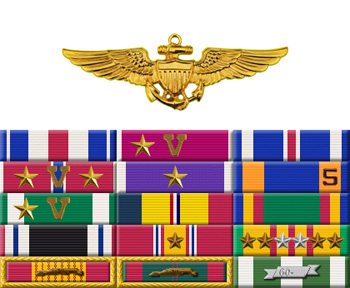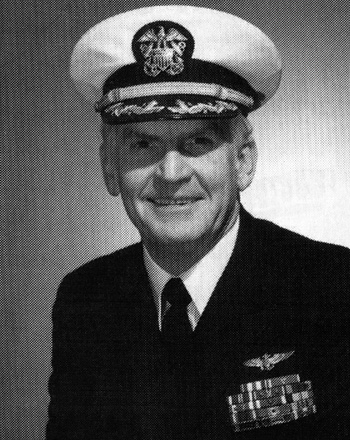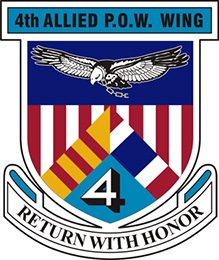
|
John H. "Jack" Fellowes |
 |
|||
| Rank, Service | ||||
Captain O-6, U.S. Navy |
||||
| Veteran of: | ||||
|
||||
| Tribute: | ||||
Jack Fellowes was born on November 22, 1932, in Buffalo, New York. He enlisted in the U.S. Navy on August 7, 1951, and entered the U.S. Naval Academy in June 1952. Fellowes graduated and was commissioned an Ensign on June 1, 1956, and was designated a Naval Aviator in November 1957. His first assignment was with VA-85 at NAS Oceana, Virginia, from 1958 to 1962. He then served with VA-42 at NAS Jacksonville, Florida, from 1962 to 1963, and then at NAS Cecil Field, Florida, from 1963 to 1965. Fellowes joined the Replacement Air Group with VA-42 before being assigned to VA-65 in late 1965. He was serving with VA-65, flying A-6 Intruders off the aircraft carrier USS Constellation (CVA-64), when he was forced to eject over North Vietnam on August 27, 1966. He was immediately captured and spent the next 2,381 days in captivity before being released during Operation Homecoming on March 4, 1973. After his release, he was briefly hospitalized before being assigned as an instructor at the U.S. Naval Academy. CDR Fellowes served at the Academy for 4 years and then attended the National War College from 1977 to 1978. He was next assigned to the Navy Bureau of Personnel as Quality of Life head from 1978 to 1980, before serving at Bethesda Naval Hospital as a member of the Regional Physical Evaluation Board, and later as head of the board, from 1980 until his retirement from the Navy on July 10, 1986. Jack Fellowes died on May 3, 2010, and was buried at the U.S. Naval Academy Cemetery. |
||||
|
||||


